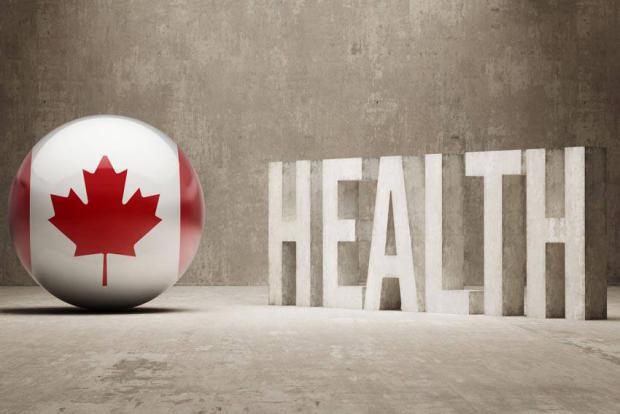
Breaking News
 Who Really Owns America (It's Not Who You Think)
Who Really Owns America (It's Not Who You Think)
 Canada Surrenders Control Of Future Health Crises To WHO With 'Pandemic Agreement': Report
Canada Surrenders Control Of Future Health Crises To WHO With 'Pandemic Agreement': Report
 Retina e-paper promises screens 'visually indistinguishable from reality'
Retina e-paper promises screens 'visually indistinguishable from reality'
 Unearthed photos of 'Egypt's Area 51' expose underground complex sealed off...
Unearthed photos of 'Egypt's Area 51' expose underground complex sealed off...
Top Tech News
 Future of Satellite of Direct to Cellphone
Future of Satellite of Direct to Cellphone
 Amazon goes nuclear with new modular reactor plant
Amazon goes nuclear with new modular reactor plant
 China Is Making 800-Mile EV Batteries. Here's Why America Can't Have Them
China Is Making 800-Mile EV Batteries. Here's Why America Can't Have Them
 China Innovates: Transforming Sand into Paper
China Innovates: Transforming Sand into Paper
 Millions Of America's Teens Are Being Seduced By AI Chatbots
Millions Of America's Teens Are Being Seduced By AI Chatbots
 Transhumanist Scientists Create Embryos From Skin Cells And Sperm
Transhumanist Scientists Create Embryos From Skin Cells And Sperm
 You've Never Seen Tech Like This
You've Never Seen Tech Like This
 Sodium-ion battery breakthrough: CATL's latest innovation allows for 300 mile EVs
Sodium-ion battery breakthrough: CATL's latest innovation allows for 300 mile EVs
 Defending Against Strained Grids, Army To Power US Bases With Micro-Nuke Reactors
Defending Against Strained Grids, Army To Power US Bases With Micro-Nuke Reactors
Canada Surrenders Control Of Future Health Crises To WHO With 'Pandemic Agreement': Report

The warning came in a report released by the Justice Centre for Constitutional Freedoms (JCCF). The group said that Prime Minister Mark Carney's acceptance earlier this year of the WHO's globalist-minded "pandemic agreement" has "placed Canadian sovereignty on loan to an unelected international body."
"By accepting the WHO's revised IHR, the report explains, Canada has relinquished its own control over future health crises and instead has agreed to let the WHO determine when a 'pandemic emergency' exists and what Canada must do to respond to it, after which Canada must report back to the WHO," the JCCF noted.
The report, titled Canada's Surrender of Sovereignty: New WHO health regulations undermine Canadian democracy and Charter freedoms, was authored by Nigel Hannaford, a veteran journalist and researcher.
The WHO's IHR amendments, which took effect on September 19, are "binding," according to the organization.
As reported by LifeSiteNews, Canada's government under Carney signed onto them in May.
Hannaford warned in his report that "(t)he WHO has no legal authority to impose orders on any country, nor does the WHO possess an army, police, or courts to enforce its orders or regulations."
"Nevertheless, the WHO regards its own regulations as 'an instrument of international law that is legally binding on 196 countries, including Canada" he wrote.
Hannaford noted that "Surrendering Canada's sovereignty" to the IHR bodies is itself "contrary to the constitutional principle of democratic accountability, also found in the Canadian Charter of Rights and Freedoms."
"Canada's health policies must reflect the needs, desires, and freedoms of Canadians – not the mandates of distant bureaucrats in Geneva or global elites in Davos. A free and democratic Canada requires vigilance and action on the part of Canadians. The time to act is now" he wrote.
Among the most criticized parts of the agreement is the affirmation that "the World Health Organization is the directing and coordinating authority on international health work, including on pandemic prevention, preparedness and response."
While the agreement claims to uphold "the principle of the sovereignty of States in addressing public health matters," it also calls for a globally unified response in the event of a pandemic, stating plainly that "(t)he Parties shall promote a One Health approach for pandemic prevention, preparedness and response."

 SpaceX Heat Shield and Starship Mass Production
SpaceX Heat Shield and Starship Mass Production

